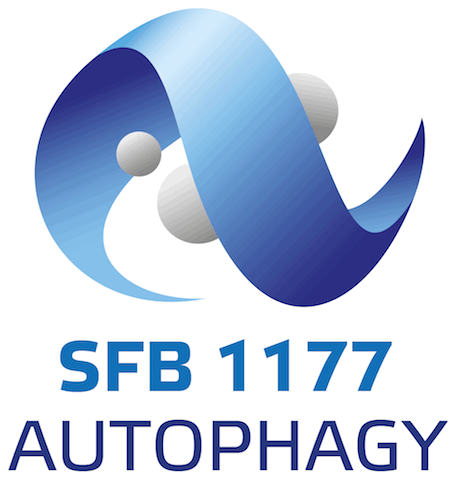CRC researchers successful in ERC Advanced Grant competition
- Kerstin Koch
- 26. Apr. 2022
- 2 Min. Lesezeit

CRC 1177 speaker Ivan Đikić and CRC1177 member Martin Beck have been awarded with an Advanced Grant of the European Research Council (ERC). This is the third time Ivan Đikić receives the prestigious grant that comes along with research funding in the amount of € 2.5 million for the next five years. Martin Beck has previously been awarded with both an ERC Starting and an ERC Consolidator Grant.
With his grant, Ivan Đikić intends to unravel molecular mechanisms of endoplasmic reticulum (ER) remodelling via ER-phagy pathways. As the largest intracellular membrane system, the ER covers important functions in numerous processes. To fulfill its diverse tasks, the ER is constantly adapting its shape. Within his project, Ivan Đikić will now explore the novel concept of ubiquitin-driven receptor clustering igniting the entire process of membrane remodeling. The emerging data will not only provide new insights in the organelle dynamics, but will also help to understand the impact of ER and ER-phagy on neurodegenerative diseases, cancer and infections, which has been known to exist for a long time. The ERC project builds on a decade-long success story of continuous funding in the field – especially on results generated within the CRC 1177, but also on the HMWK-funded large-scale project on ubiquitin networks (Ub-Net), which ran until 2017 and was also led by Ivan Đikić.
In his project, Martin Beck plans to tackle the hypothesis that nuclear pores may act as self-regulating valves for flux across the nuclear envelope. Nucelar pore complexes are known to enable transport of macromolecules between the cytoplasm and the nucleus. Recent findings indicate that there may be more function beyond nucleocytoplasmic transport. The results of this research will contribute to a better understanding of how cells deal with acute mechanical stress and reveal new therapeutic options for diseases.
Links:



